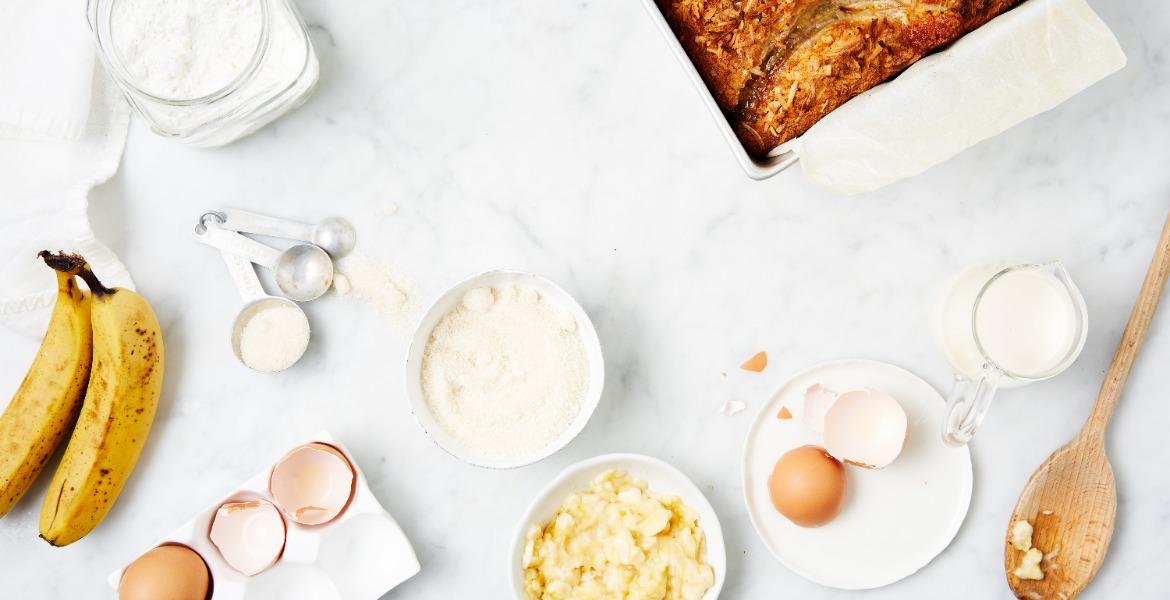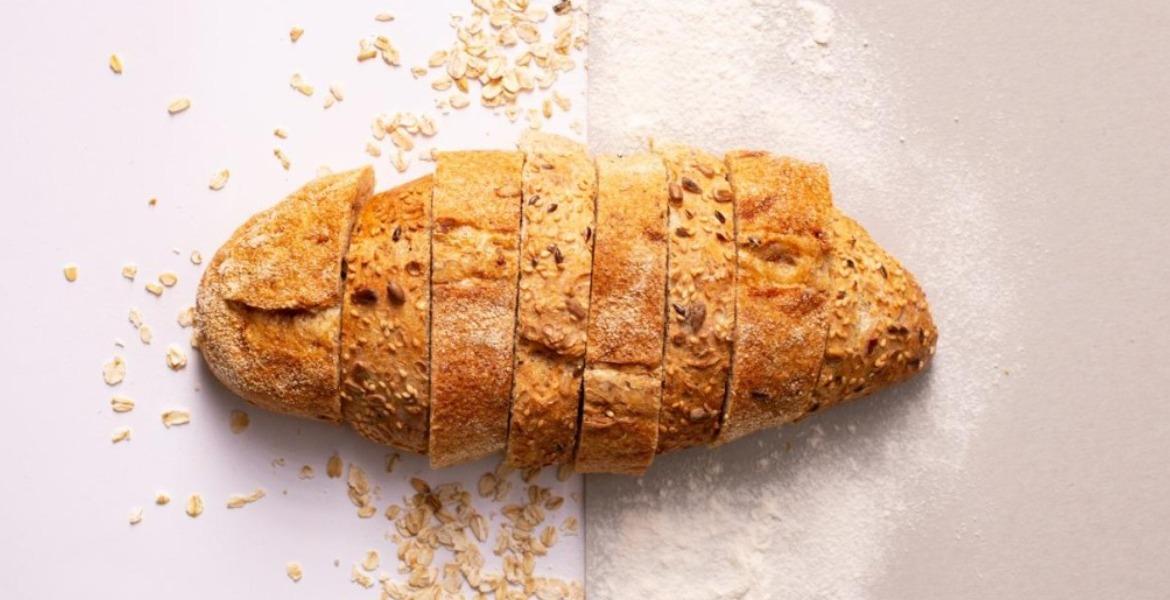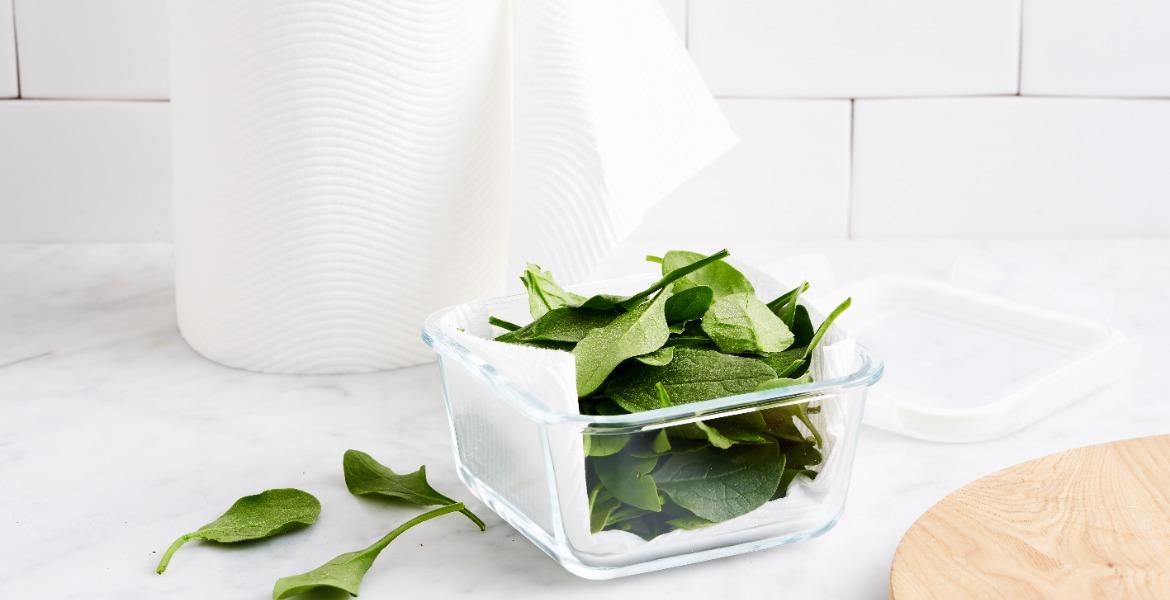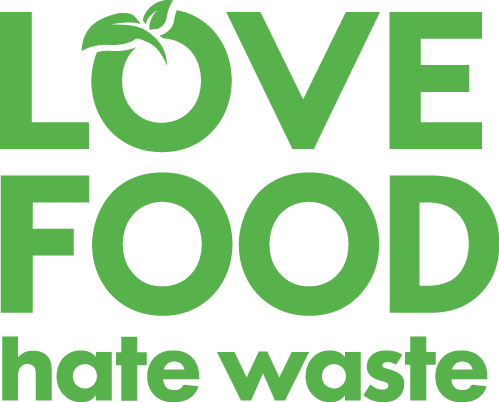
How to store dairy and eggs
Most of us know about placing dairy in the coldest part of the fridge keeps food fresher for longer but did you know you can freeze eggs? And that there are different ways to wrap cheese depending on the type?
Storing dairy and eggs in your fridge will make sure your food is safe to eat. Placing dairy in the coolest part of the fridge will keep your food fresher for longer. Keep your eggs in the carton to make sure they don't crack.
Cheese
- Store soft cheeses, like camembert, in waxed cheese paper or baking paper. Avoid using plastic wrap because it will cause the cheese to sweat.
- Blue cheese can be wrapped in foil but remember to change the foil every few days because the acidity of the cheese will attack the foil.
- Hard cheeses, like cheddar or parmesan, can be stored in plastic wrap or airtight containers.
Sour cream
- Sour cream will stay fresh and unopened for up to one month in the fridge however, it is best used within a few days of purchase.
Yoghurt
- Yoghurt is best eaten within the first ten days but can last up to six weeks. If it separates, stir the liquid back into the curd before eating. Always check the 'use by' date.
Eggs
- The easiest way to store eggs is in their original carton in the fridge. A quick test for freshness is to check if the raw egg sinks in a bowl or tall glass of water. Fresh eggs stay at the bottom of the bowl while stale eggs float. (Over time egg whites break down and cause air to form in a shell, causing old eggs to float).
- Eggs can be frozen too. Lightly beat whole eggs then add either one teaspoon of salt or one tablespoon of sugar for every six eggs. Freeze in small amounts of one or two eggs (about 55g to 100g). Use the salted yolks in savoury dishes and the sugared yolks for cakes, custards and desserts. Remember to label the packages as 'salty' or 'sweet'! This should keep in the freezer for up to ten months.
Food Smart storage tips

Bread, cereals and grains

Fruits, vegetables and herbs

Meat, poultry and seafood
